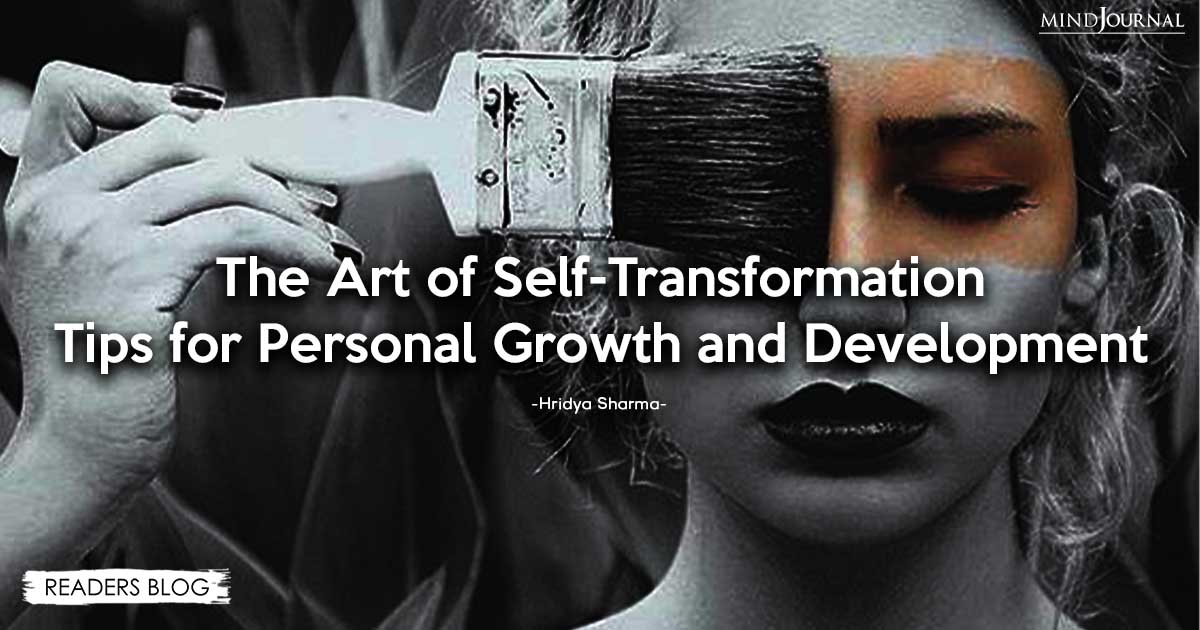I have often heard “psychotic” being confused with “psychopathic”.
As for myself, I have always considered psychosis to be a major mental illness and life altering experience.
A few years back, I volunteered with a mental health outreach program. It turned out to be one of the most illuminative experiences I have ever come upon.
One particular patient was suffering from psychosis due to depression. Her family witnessed her distress and bore the uncertainty of whether she would ever return to the bright-eyed and healthful individual they all knew and loved.
In the following article I will describe this patient’s experience using a pseudonym. I hope that in doing so, similar signs may be recognized in people outside of these exact circumstances.
Jena’s History:
Jena had always been an auspicious individual. However, it was never without effort. She was a generally happy and content person.
She had thought since childhood that her calling in life was to be a lawyer.
She managed to get into law school. She considered this to be a great achievement and her family were all happy for her. However, her duration of law studies became a dire and unnerving ordeal.
She found herself to be out of her depth. She struggled and failed her final law examinations.
She tried her best resitting exams but failed those as well.
She felt embarrassed and humiliated when friends and fellow students enquired how she had performed.
The situation amounted to either having to repeat the year or being asked to leave law school. She chose to repeat the year.
With a new batch of students, another year passed. Again, she sat her final examinations and failed.
She felt doubly embarrassed and humiliated.
The prospect of repeating the year yet again was literally soul destroying.
The culmination of failing, and having to make known she did not pass examinations, was excessive. The prospect of repeating the same year once again was simply too much for her to cope with.
Then her symptoms commenced.
She experienced repeated déjà vu. This was very unusual for her.
She made the decision to leave law school and returned home.
She felt badly disappointed but also relieved that she had left an environment that caused her so much anxiety and stress.
But shortly after returning home, her behaviour became a cause for concern.
She became very apathetic; lacked motivation, and slept the majority of the time.
On the sixth week, after returning home, she displayed other alarming behaviour.
She became hostile towards people whom she was close to. She also became reclusive.
And then delusions began.
She thought that something “major” was happening around her.
She explained that she was getting messages from the television — that various news stories were somehow connected to her.
She even thought that two Hollywood films were based on events in her life.
In addition to all of this, she thought that she was being spied upon in her own house.
She considered all of this to be happening as some sort of “training” to become a spy.
At first she told no one what was going on in her mind. However, her delusions slowly came to the fore and overcame any inhibitions she had about revealing her irrational thoughts.
She began to let slip what she was thinking.
She would cautiously mutter, “We’re being watched.”
She would conceal herself behind curtains, while peering out of the window for potential spies.
It was very obvious that something was seriously wrong.
She was admitted to the psychiatric ward for a number of days.
Thankfully, she responded well to the medication she was prescribed. In addition, she had the support of family and friends.
Her delusions gradually subsided and Jena was on the mend. She no longer had acute psychosis.
Negative symptoms, such as the apathy she had been having, started to decrease.
After attending university for a second time, she studied a different course and later took up teaching.
She now thrives and flourishes in her new career.
What can be learned from Jena’s experience:
A person who becomes too depressed or too anxious, can manifest these symptoms in a number of ways. One of these ways happens to be psychosis.
In experiencing psychosis, a person can know that they are not thinking rationally. In these cases, there is insight. But in the majority of cases, of acute psychosis, people are out of touch with reality. They are not thinking rationally, and they are unaware of this fact.
In extreme cases of anxiety, which can often present in extreme depression, the person may have a “breakdown”. This can be revealed in the form of psychosis and extreme clinical depression.
Clinical depression may be as disabling as psychosis, since the person can be completely withdrawn from real life.
Jena had a breakdown. She had insight.
And fortunately for her, she had the support of surrounding family and friends, which played a substantial part in her recovery process.
Unfortunately, there are others who do not have such a close network of well-wishers. They could be at greater risk of not fully recovering.
What depression can lead to:
Psychosis is a psychological state where the individual develops loss of contact with reality.
This could be in 2 forms:
1. Delusions, which are incorrect albeit strongly held beliefs
2. Hallucinations, where a person hears and sees things that are not really there.
A person’s history is important.
For example, there were many times when Jena experienced a loss of contact with reality. Her depression had become so severe that she experienced actual psychosis.
In patients who have depression, psychotic episodes may precede severe treatment-resistant depression.
At this stage, individuals do not even function at a level where they can care for their own basic needs.
Where medication may have previously been effective, the progression of depression means it also becomes medication-resistant.
Despite delusions, a person may still able to feed oneself, shower and clothe oneself, and do daily activities (although not as well as one would normally do.)
However, if treatment is not received quickly, depression will get worse and medication may not work.
There could be a higher risk of suicide and hospitalization may be for longer.
Removing the stigma:
The label “psychotic” is frightening to hear.
In Jena’s case, she had gone from a bright and discerning individual, to someone who had to regularly attend psychiatric appointments.
She thought she was tolerating her anxiety and stressful environment, at law school, when in fact it got the better of her.
Support immensely helped her recovery, along with psychiatric medication.
Of course there are others who are reluctant to seek the assistance they need. This could be because of a lack of understanding, or even contempt, that they may receive from ignorant individuals. It is unfortunate that these individuals often happen to be their acquaintances.
If only those who discriminate, against mental illness, would understand that mental illness is simply due to a chemical imbalance in the brain of the sufferer.
Thankfully, the stigma attached to mental illness is now gradually being removed. This is in part due to more people having come forward to share their own experiences of mental illness.
There is hope that as more people share these encounters with mental health problems, the stigma will be removed completely, and long-held unhelpful attitudes will change.
Hopefully prejudicial barriers, preventing people from getting help, will be completely broken down.








Leave a Reply
You must be logged in to post a comment.